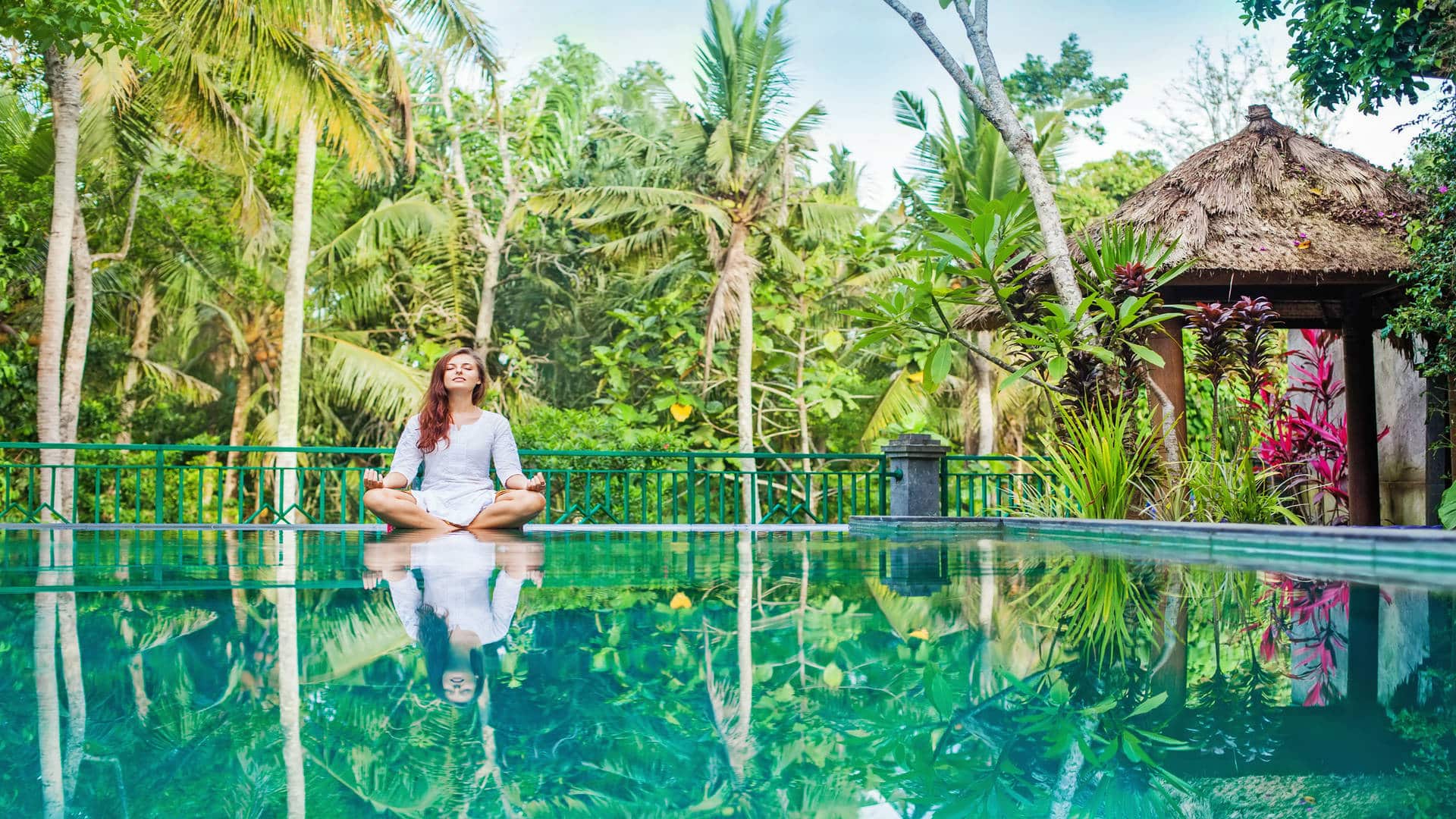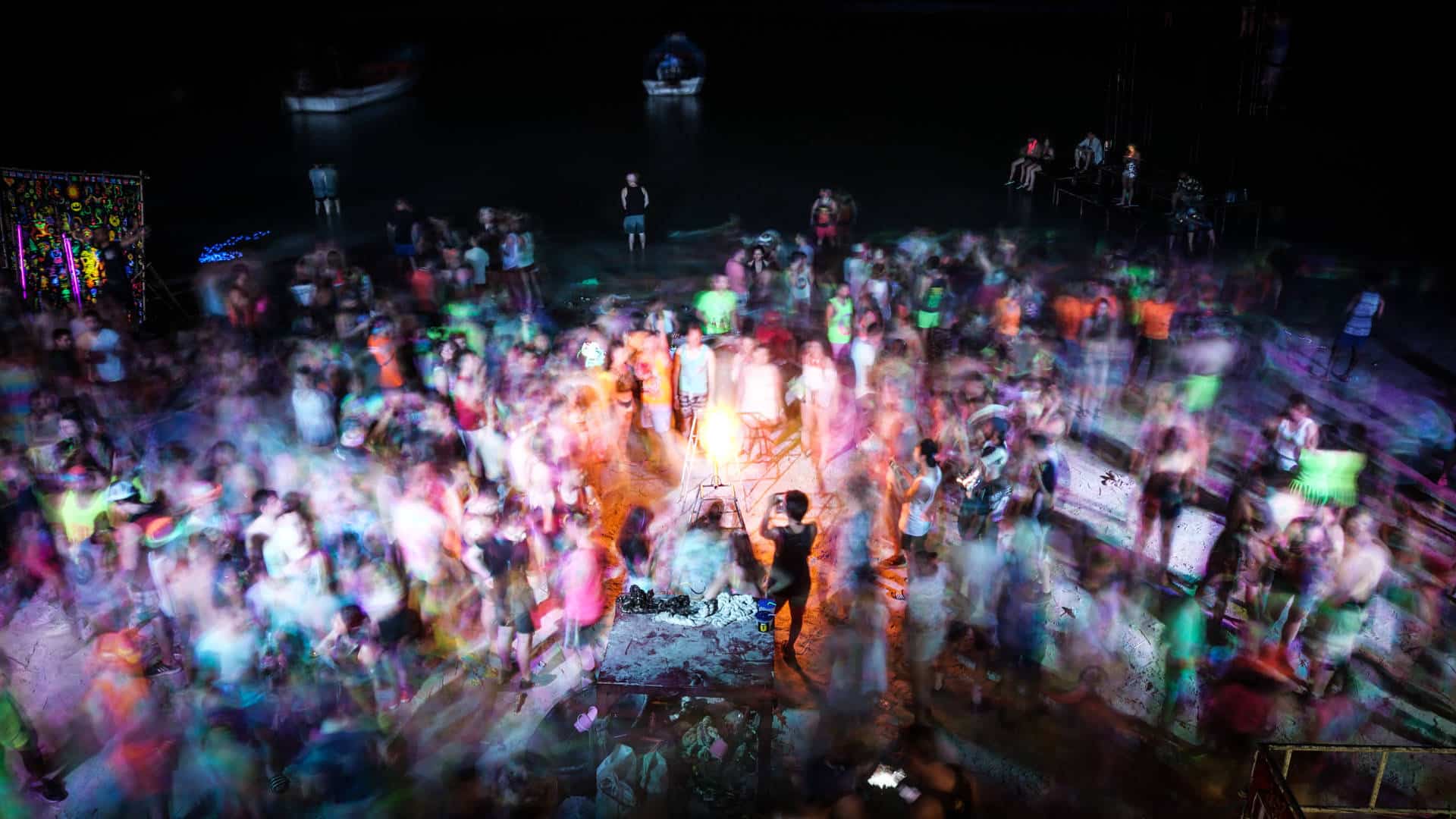- Book online with local operators
- We're here for you 24/7
- Stories by travelers, for travelers
Are you leaving or arriving to Luxor?
Cairo to Luxor
Hurghada to Luxor
Aswan to Luxor
Giza to Luxor
Sharm El Sheikh to Luxor
Alexandria to Luxor
Safaga to Luxor
Marsa Alam to Luxor
Siwa to Luxor
Abu Simbel to Luxor
Makadi Bay to Luxor
El Gouna to Luxor
Edfu to Luxor
Soma Bay to Luxor
Quseir to Luxor
Stations in Luxor
About city Luxor
Traveler Guide To Luxor, Egypt
Luxor sits along the southern banks of Egypt’s Nile River. This city captures a rich collection of cultural and historical importance, displaying ancient Egyptian landmarks such as the Valley of the Kings and Karnak Temple. The lively life of modern Luxor pairs well with its historic roots, giving visitors a unique view into both the ancient and current ways of Egyptian life. Tourists come to Luxor not just for its archaeological sites but also for active markets and calm felucca rides on the Nile. The city caters to various interests; history enthusiasts dive deep into its rich heritage while adventure seekers might opt for sunrise hot air balloon rides. Moreover, those interested in local traditions can enjoy special crafts and tastes at busy souks. Every corner of Luxor provides a unique experience, making it an ideal place for travelers looking for a fulfilling vacation experience.
History and Culture
Luxor has gone through many important historical stages, including the times of famous Pharaohs and the discovery of Tutankhamun's tomb in the 20th century. These events have shaped Luxor into a city where history seems everlasting, offering tourists an engaging glimpse into its rich past. Each year, highlights like the Opet Festival honor long-standing traditions with religious parades and lively celebrations that echo throughout the city. The city is filled with historical landmarks and archaeological sites that provide insights into ancient civilizations. Places such as the Valley of Kings, Karnak Temple, and Luxor Temple show great architectural skill and deep spiritual significance. Tours with knowledgeable guides help enhance visitors' experiences by providing detailed explanations of ancient Egyptian culture. This rich historical background not only defines Luxor’s distinctive identity but also continues to draw travelers from around the world who are keen to discover its ancient roots.
Cuisine and Dining
Luxor is rich in Egyptian traditions and offers a wide range of flavors. You can find staple dishes such as 'ta'meya' (Egyptian falafel), 'molokhia' (a leafy green soup), and lamb kofta. For an authentic taste, trying the street food like 'koshary', which includes pasta, rice, lentils, chickpeas with caramelized onions and a spicy sauce, is essential. The city's culinary offerings include both well-known restaurants and hidden gems. Sofra Restaurant & Café is notable for serving local cuisine at budget-friendly prices, with hearty meals available for under $10. On the other hand, the Al-Moudira Hotel provides a more luxurious dining experience with exquisite dishes priced between $20-$30 in opulent settings. In addition to these places, Luxor has off-the-beaten-path spots like street vendors near the Temple of Karnak where inexpensive yet delicious options are often missed by tourists. The local markets also provide an opportunity to try seasonal fruits and traditional snacks directly from artisanal vendors. A special feature of Luxor's food offerings includes cooking classes offered by some establishments where participants can learn to prepare classic Egyptian recipes using age-old techniques. These interactive experiences not only deepen understanding of regional culinary arts but also allow visitors to take home a piece of Luxor’s rich gastronomic heritage.
Shopping and Markets
Luxor offers an exciting shopping experience, from lively markets to unique boutique shops. The Souk of Luxor is a must-visit for those who want to dive into the local culture and shop like the locals. Here, you can find stalls filled with handmade jewelry, traditional textiles, colorful lanterns, and exotic spices. For those looking for more specialized items, Habiba Gallery and Gaddis & Co. are great places for exceptional Egyptian crafts and souvenirs, perfect for finding special gifts. For anyone interested in genuine Egyptian products, buying papyrus paintings or alabaster sculptures is a good idea as they represent ancient Egyptian artistry. You can find these at Fair Trade Centre Luxor or Aladin Silver store where the quality of craftsmanship is assured. When you haggle in Luxor's markets, start your offer at about half of the initial price. Negotiate with respect and humor to make the process enjoyable and build good relationships with local vendors. Food lovers exploring Egypt's rich flavors will enjoy visiting Luxor’s local markets near Luxar Temple. The central market is full of vendors selling fresh fruits, vegetables, herbs, and spices with intense flavors. It's a great place for tourists to buy ingredients that showcase regional freshness or try ta’ameya (Egyptian falafel) from street vendors. Every shopping location in Luxor has its own charm and specialties no matter your budget. Whether you're looking for a lively market atmosphere or exclusive artisan goods, the shopping options in Luxor provide delightful experiences that cater to different tastes.
Outdoor and Recreational Activities
Luxor offers a range of outdoor and recreational activities, appealing to both those looking for adventure and those seeking relaxation in a historical environment. Nature lovers are encouraged to walk along the Luxor West Bank. Here, visitors can explore ancient valleys such as the Valley of the Kings, enjoying both their historical importance and natural beauty. These locations can be reached easily by local taxis or by renting bicycles from downtown. Those who prefer quieter outdoor activities often choose the lush gardens surrounding famous hotels like the Winter Palace Garden. This peaceful area provides ideal paths for leisurely strolls suitable for all ages. For those who thrive on excitement, hot air balloon rides at sunrise are unmatched. This thrilling activity offers a breathtaking view of Luxor’s wide landscapes and key archaeological sites from above. Transport to this activity is usually organized by the balloon companies from major hotels, making it easy to reach. Families with children will enjoy visiting Karnak’s Open Air Museum located within the large Karnak Temple complex where enjoyable and educational tours are offered. It is usually less crowded here than in other parts of Karnak, allowing for a more pleasant visit. However, pet owners may find Luxor challenging since many historical sites do not allow pets to preserve them; but walking along the Corniche next to the Nile provides a good alternative that is pet-friendly and offers beautiful views at any time. Additionally, sports lovers can go horseback riding through dense banana plantations or across desert trails just outside the city limits—local stables offer various options suitable for riders at different skill levels. Together, these activities make Luxor an inviting place that meets a wide range of interests and needs.
Nightlife and Entertainment
As the sun sets, Luxor transforms, offering old and new nightlife options. The city favors cultural activities over loud nightclubs. Visitors can enjoy a peaceful evening on a Nile dinner cruise. The M/S Amarco offers excellent meals and includes belly dancing and folk music performances. At the Sound & Light Theater in Karnak Temple, guests can see history come alive with lights and stories. This event is truly magical. Local restaurants like Sofra Restaurant & Café welcome diners to try traditional Luxor dishes while listening to soothing Arabic music. On the other hand, Genesis Pub provides a lively setting with a selection of international drinks. The festive atmosphere of the city shines during events like The Valley of the Kings Festival, which features impressive artistic displays against historical settings. For those venturing out in Luxor at night, it is smart to stay in well-lit areas and think about joining group activities or guided tours in unfamiliar places or during events. Knowing local customs and dressing appropriately will enhance your experience and show respect for local traditions. Exploring Luxor after sunset reveals more about its heritage as every corner has stories waiting to be told—an essential experience for anyone wanting to explore this historic gem deeply.
Transportation and Getting Around
Traveling around Luxor is an exciting experience with its wide range of transportation options designed to meet the needs of every visitor. One can use the public buses, which are an affordable way to connect major sites and local spots efficiently. Taxis are also available for more specific destinations. Notable taxi services include Khaled Taxi Luxor and Al Karnak Taxi, which are known for their reliable service at reasonable prices. Ride-sharing apps like Uber and Careem also make it easy to book rides directly from your smartphone. For those who prefer exploring at a leisurely pace, bicycle rentals are perfect for enjoying the beautiful views along the Nile Corniche or through streets full of historical charm. You can find bikes to rent at various tourist centers or hotels throughout the city. To move smoothly around Luxor, purchasing day passes for buses and river ferries is advised—these passes are cost-effective for comprehensive tours. It's smart to carry small change to ease fare payments. Additionally, using navigational tools like Google Maps enhances your travel by providing real-time traffic updates and recommending the best routes. Traveling on Luxor’s East Bank of the Nile allows quick access to famous landmarks such as Karnak Temple and Luxor Temple, while also presenting breathtaking views of the riverside that capture Egypt’s allure. Exploring lesser-known areas on the West Bank reveals incredible sights like the Valley of Kings and Queens amid serene rural landscapes.
Accommodation Options
Luxor offers a range of places to stay, from budget hostels to luxurious hotels. Budget travelers can find many hostels and guesthouses that provide clean, reasonably priced rooms. These places are often close to big attractions like Karnak Temple and the Valley of the Kings, making them great starting points for sightseeing. Most economical accommodations have perks like free Wi-Fi, shared lounges, and sometimes small pools or rooftop terraces where guests can unwind after a day of exploration. When picking where to stay, backpackers should look at not only the cost but also how clean it is and what amenities are available. Reviews from past guests are very helpful in seeing what each place has to offer. Moreover, being near local markets, food spots, and public transport can greatly improve your experience by cutting down on both travel time and costs. It's wise to book your accommodation in Luxor ahead of time, especially during peak tourist seasons when prices may go up. Websites like Booking.com, Hostelworld, or Airbnb are good for comparing prices and checking up-to-date reviews easily. Many of these sites also offer flexible cancellation policies which can be comforting if you need to change your plans. By paying attention to these details, backpackers can find suitable lodging that makes their trip enjoyable without overspending.
Weather and Best Time to Visit
Luxor experiences a desert climate with very hot summers and mild winters. From May to August, temperatures often rise above 40 degrees Celsius (104°F), making it difficult for tourists who want to explore during the hot midday hours. However, the winter months from November to February are cooler, with daytime temperatures usually between 22 and 25 degrees Celsius (72-77°F). This cooler weather coincides with Luxor's busiest tourism season as tourists arrive in large numbers to visit its extensive archaeological sites without the extreme heat. The best time to visit Luxor is between October and April due to the pleasant yet warm weather. This period avoids both the extreme summer heat and the occasional cold snaps in winter that can make early mornings and evenings chilly. Also, traveling during these months means avoiding the crowded times during Christmas and New Year celebrations. Luxor hosts special events like the Abu Simbel Sun Festival on February 22nd and October 22nd which celebrates Ramses II at his magnificent temple. Although this temple is technically outside Luxor, it is still reachable for those interested in deepening their knowledge of ancient Egyptian culture. Attending this festival can be a significant addition to any travel plan focused on Egypt’s historical landmarks.
Local Tips and Advice
To better enjoy Luxor, follow local practices: dress conservatively, especially when visiting temples, and ask for permission before taking pictures of people. For your safety, avoid less crowded areas at night and make sure your belongings are safe. It's wise to carry smaller bills for tips and purchases in local markets. Choosing to stay in a traditional Nubian guesthouse instead of typical tourist hotels can help you connect more deeply with the culture here. This option offers a closer look at everyday life in Luxor. For a different view on Luxor's history, head to the workers' village at Deir el-Medina. This site is not often visited and allows you to see how the people who built royal tombs lived centuries ago. Using services like ToursByLocals or Viator to hire knowledgeable guides can reveal rare spots that aren't usually mentioned in guidebooks. Use resources like TripAdvisor and Google Maps to discover well-reviewed but lesser-known restaurants preferred by locals, away from the usual tourist spots. Trying dishes such as ta'meya (Egyptian falafel) or molokhia soup will let you experience the true flavors of this region. Photographers aiming for impressive social media posts should take pictures during sunset from atop Luxor temple—a remarkable spot that provides sweeping views of these ancient structures. Stay up-to-date with travel trends by posting your experiences live or sharing stories on platforms like Instagram or Facebook. This helps you meet other travelers and share useful advice. Talking with local people can greatly improve your visit; chat about their daily lives or ask for recommendations on secluded treasures. This helps uncover parts of Luxor that many tourists don't get to see.
*This content was reviewed by real human travelers after being generated by artificial intelligence.It may contain inaccuracies or outdated information.Stories by travelers, for travelers

The high-tech road: How technology simplifies travel planning
Planning your trip can cause a great deal of travel anxiety. Here are four technologies that can help overcome this problem.

The importance of travel as a tool for self-development
Travel inspires, opens doors, forges connections, changes perspectives and encourages self-development. Grow into the best version of yourself by traveling.

Travelers, keep the party going with these 7 tips
Party trips combine two types of fun, but also demand that you pay attention to certain things for maximum joy and minimum problems.
